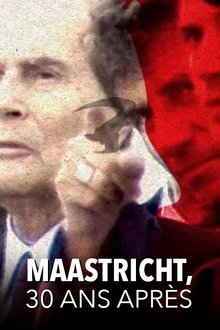‘The Great Wall has been completed at its most southerly point.’ So begins Kafka’s short story ‘At the Building of the Great Wall of China’, and so, at Europe’s heavily militarised south-eastern frontier, begins this film. In the shadow of its own narratives of freedom, Europe has been quietly building its own great wall. Like its famous Chinese precursor, this wall has been piecemeal in construction, diverse in form and dubious in utility. Gradually cohering across the continent, this system of enclosure and exclusion is urged upon a populace seemingly willing to accept its necessity and to contribute to its building.
Related Movies

Visions of Europe (2004)
Twenty-five films from twenty-five European countries by twenty-five European directors.

Warehoused (2017)
An estimated 12 million people live in refugee camps worldwide and only 0.1% are resettled, repatriated, or integrated into normal society each year. The feature-length documentary.

Secrets toxiques (2023)
Increase of chronic diseases, loss of biodiversity, extinction of bees... for a few years, the consequences of pesticides mass use are compelling public opinion. How to explain their effects on human health and biodiversity, whereas EU regulations forbid the spread of every harmful product ?
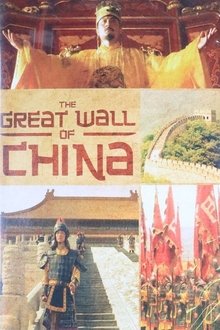
The Great Wall of China (2007)
Channel 4 docudrama following the history of the Great Wall of China, from the earliest building of simple mud walls to the construction of the series of stone fortresses built during the 16th Century in response to continued Mongol invasion.
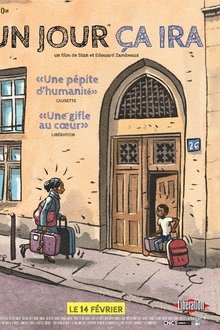
Un jour ça ira (2018)
Djibi and Ange, two teenagers living on the streets, arrive at the Archipel, an emergency shelter in the heart of Paris. This documentary is a look at the Archipel, a shelter offering an innovative way to welcome families living on the streets.

Trekking the Great Wall (2011)
They say it's over 2000 years old, and more than 4,000 miles long. But even today nobody really knows for sure. The Great Wall of China is one of the world's famous buildings but it is still the least known. British writer and historian William Lindesay has lived in China for twenty years. Exploring the Great Wall has become his lifetime obsession.

Addicted to Solitude (1999)
I traveled to South Africa to find a white family living on a desolate farm. I wanted to film how they faced the new days of equality after the fall of Apartheid. But I soon lost my way both on the endless roads and in my way. Instead, the film became a story about two very different women who both experienced a tragic loss in the midst of a white community not too fond of the future.
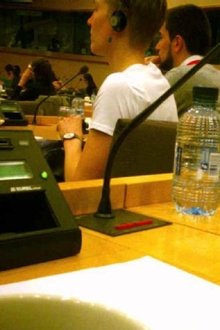
Broad Sense (2012)
Broad Sense is based on an three day long intervention in the European Parliament in Brussels. The video reveals the diversity of security responses to the artist’s visits.
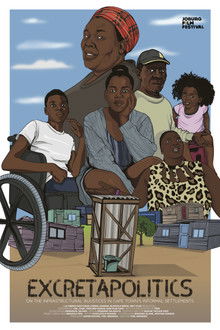
Excretapolitics (2024)
In Cape Town's informal settlements, created to segregate the racialized population during Apartheid, the South African government never built a sewage system, hence the absence of flush toilets. Each resident must therefore invent an individualized solution for disposing of his or her excrement. Excrétapolitiques is a documentary based on meetings with some twenty people who are fighting against this infrastructural injustice.
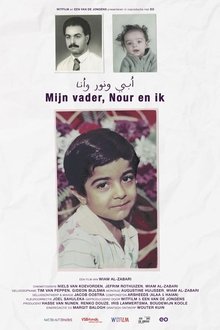
My Father, Nour and I (2023)
After twenty years, Wiam Al Zabari starts a conversation with his father. Why did they flee from Iraq? Why was that never discussed? Will he be able to let go of the past and embrace a Dutch future?
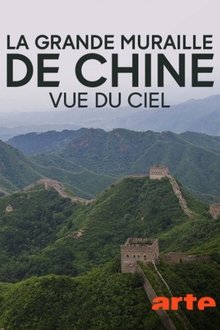
Flying the Great Wall (2018)
An epic aerial journey covering the whole length of China’s Great Wall. Across 2500km, for the first time ever, this triumph of Ming dynasty architecture has been captured in its entirety from the air. With expert narration from William Lindesay, official protector of the Wall, travel from the Yellow Sea in the East to the Gobi Desert in the far West.

Matar (2023)
The story of an asylum seeker in England who, when confronted with the hostile immigration system in the UK, is forced to live on the fringes of society and rely on his bike to survive. Based on the lived experience of co-writer Ayman Alhussein.
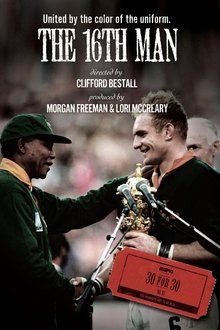
The 16th Man (2010)
Rugby Union has long been viewed in South Africa as a game for the white population, and the country’s success in the sport has been a true source of Afrikaner pride. When the 50-year-old policies and entrenched injustices of apartheid were finally overthrown in 1994, Nelson Mandela’s new government began rebuilding a nation badly in need of racial unity. So the world was watching when South Africa played host to the 1995 Rugby World Cup. Though they had only one non-white player, the South African Springboks gained supporters of all colors as they made an improbable run into the final match where they beat the heavily favored New Zealand team. When Mandela himself marched to the center of the pitch cloaked in a Springbok jersey and shook hands with the captain of the South African team, two nations became one. Oscar winner Morgan Freeman and director Cliff Bestall will tell the emotional story of that cornerstone moment and what it meant to South Africa’s healing process.
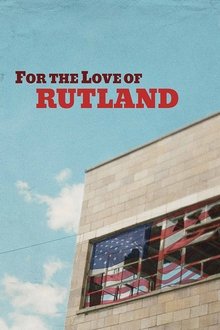
For the Love of Rutland (2020)
After an attempt to bring Syrian refugees into the predominately white New England town of Rutland, Vermont, unleashes deep partisan rancor, a longtime Rutland resident emerges as an unexpected leader in a town divided by class, cultural values, and divisive politics.

Soraida, a Woman of Palestine (2004)
Soraïda is a Palestinian woman living in Ramallah, in the occupied territories. In this city under siege and a strict curfew, she fights her own battle: despite the military occupation, violence and oppression, she is determined not to lose her humanity.
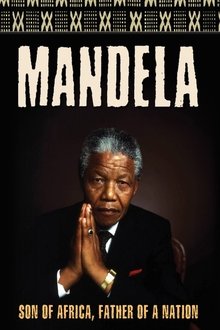
Mandela (1996)
A documentary that chronicles the life of South African leader Nelson Mandela. Mandela is probably best known for his 27 years of imprisonment, and for bringing an end to apartheid. But this film also sheds light on the little-known early period of Mandela's life.
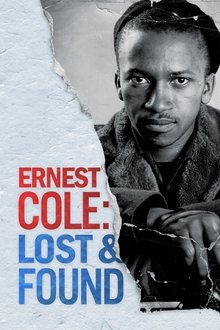
Ernest Cole: Lost and Found (2024)
More than 60,000 of Ernest Cole’s 35mm film negatives were inexplicably discovered in a bank vault in Stockholm, Sweden. Most considered these forever lost, especially the thousands of pictures he shot in the U.S. Told through Cole’s own writings, the stories of those closest to him, and the lens of his uncompromising work, the film is a reintroduction of a pivotal Black artist to a new generation and will unravel the mystery of his missing negatives.


